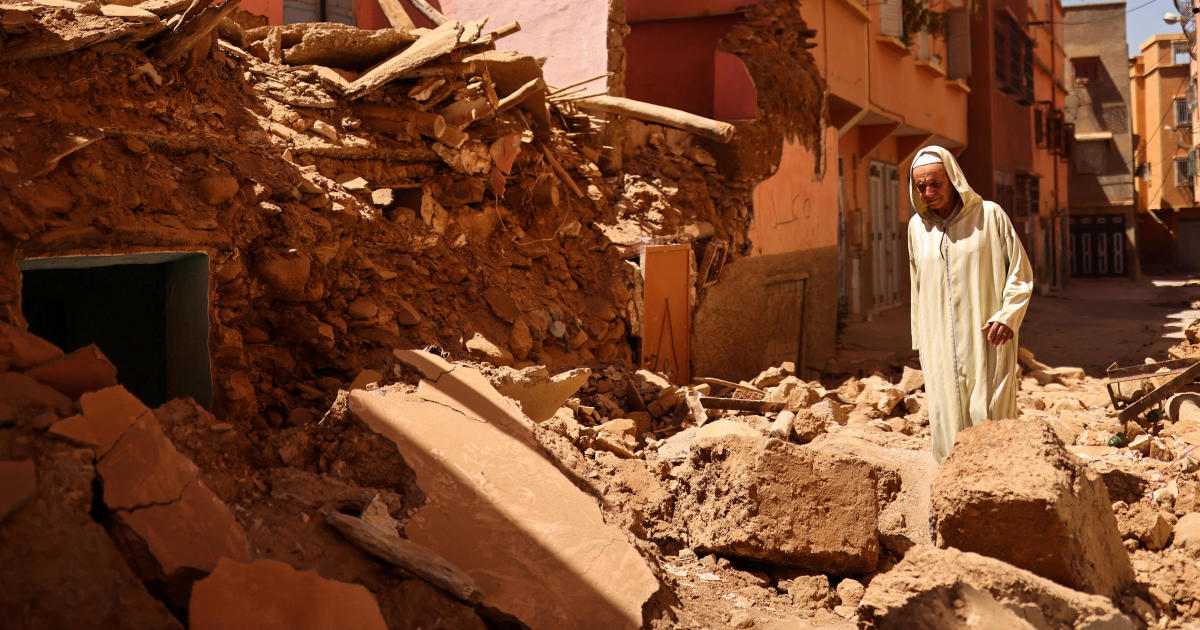Key takeaways:
- Emergency teams and aid workers are arriving in the remote mountain towns that were hit hardest by the earthquake.
- Rescue efforts are continuing, and the death toll is expected to rise.
- The Moroccan government has declared a three-day period of national mourning, and international aid teams are arriving in the region.
AMIZMIZ, Morocco (AP) – For the third consecutive night, people in Morocco have been sleeping in the streets of Marrakech as emergency teams and aid workers continue to arrive in the remote mountain towns that were hit hardest by the historic earthquake.
The 6.8-magnitude earthquake that struck on Friday night has killed more than 2,100 people, and the United Nations estimates that 300,000 people have been affected by the disaster. The death toll is expected to rise as rescue efforts continue.
Emergency workers have been working tirelessly to rescue survivors and bring water and supplies to desperate mountain villages that have been left in ruins. The giant boulders that have blocked the steep mountain roads have made it difficult for aid workers to reach the affected areas.
The survivors of the earthquake have been left in shock, with many of them crying as they sit on the rubble of their damaged homes. Children have also been affected by the disaster, with many of them reacting in shock as they inspect the damage caused by the earthquake.
The Moroccan government has declared a three-day period of national mourning, and the people of Morocco are praying for the victims of the nation’s strongest earthquake in more than a century. International aid teams are continuing to arrive in the region, and the people of Morocco are hoping that they will be able to provide much-needed relief to those affected by the disaster.



Be First to Comment